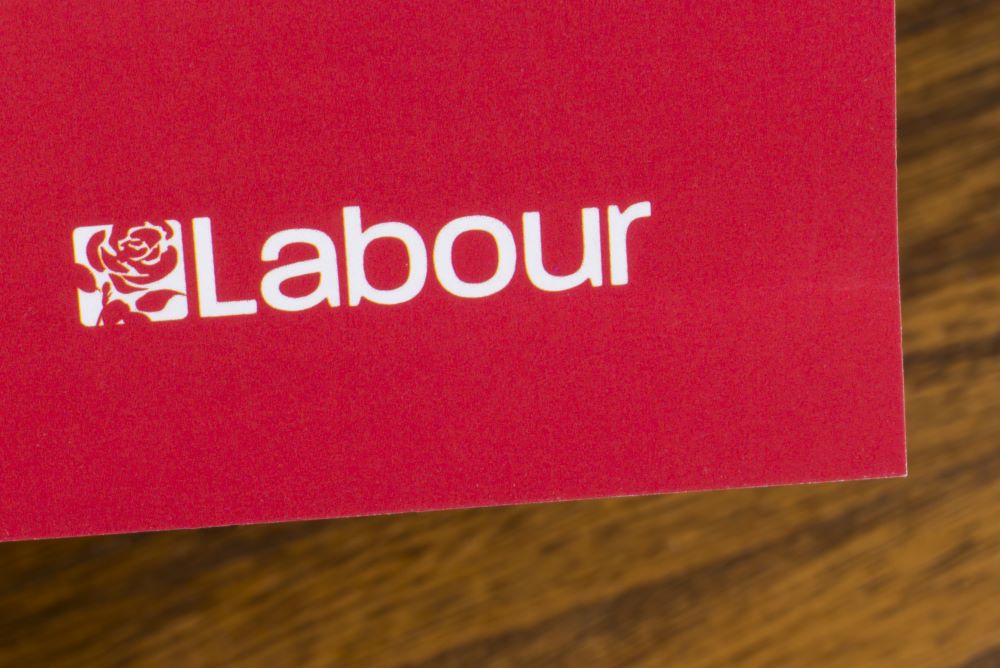
The Labour Party has demanded the government publish an economic assessment of its trade deal with the EU and called the Conservatives “disturbingly relaxed” about its impact so far.
Under Boris Johnson’s leadership the government agreed the EU-UK Trade and Co-operation Agreement at the end of last year ahead of the conclusion of the transition period on New Year’s Eve, when the UK stopped trading under EU customs union rules.
Labour supported the trade deal’s passage through the House of Commons but has been largely silent on the issue since.
No Spring Budget assessment
Shadow minister for the Cabinet Office Rachel Reeves wrote a letter to the Office for Budget Responsibility (OBR) following the Spring Budget, which has since been reported by the FT.
She said it was alarming that the Budget did not contain any economic assessment of the trade agreement.
OBR response
In reply to Reeves, OBR chair Richard Hughes, said the watchdog’s March 2021 forecast confirmed earlier assessments that the TCA would cause a short-term hit to gross domestic product of around 0.5%.
He said the deal would lead to a 4% reduction in productivity in the longer term.
Non-tariff barriers
He attributed the hit to productivity to the “increase in non-tariff barriers on UK-EU trade” because of the deal with the EU.
The OBR added that exports and imports “will be around 15% lower in the long run” than if the UK had remained in the EU, but said it was difficult to separate the effects of the deal from those of the Covid-19 pandemic.
Labour’s position
Labour’s 2019 manifesto promised a progressive trade strategy that would champion exports from the environmental goods and services sector.
Labour support for the TCA last year was on the basis that the alternative was a no-deal.
Party leader Sir Keir Starmer said that Labour would seek out greater protections for workers’ rights and the environment in continued negotiations with the EU.
‘Strong partnership’
According to the Guardian, Starmer has argued that Labour must build “a strong partnership with businesses” if it is to create a more just and equal post-Covid society.
However, he has had little to say on trade, focusing more on the home-front with a pledge to help launch 100,000 start-ups in five years, as well as a British recovery bond to soak up and invest savings accumulated during the pandemic.
Human rights and EU focus
Speaking to the CBI in October, shadow trade minister Emily Thornberry said the UK should prioritise Europe in its future trade deals, along with the continuity of existing arrangements with non-EU markets.
In a November speech to Columbian human rights groups she said that, under a future Labour government, the trade agreements that the UK signs with other countries would be made conditional on clear, enforceable commitments to uphold human rights and democratic freedoms.
Pacific consultation
Thornberry has also written to international trade secretary Liz Truss urging her to reopen a public consultation on the government’s long-term strategy to join the Comprehensive and Progressive Agreement for Trans Pacific Pact (CPTPP), the New European reports.
Joining the trade bloc could be a trade deal with China “by the back door” should Beijing decide to apply to join the pact, she said when raising over 230 questions for the minister in a letter.

